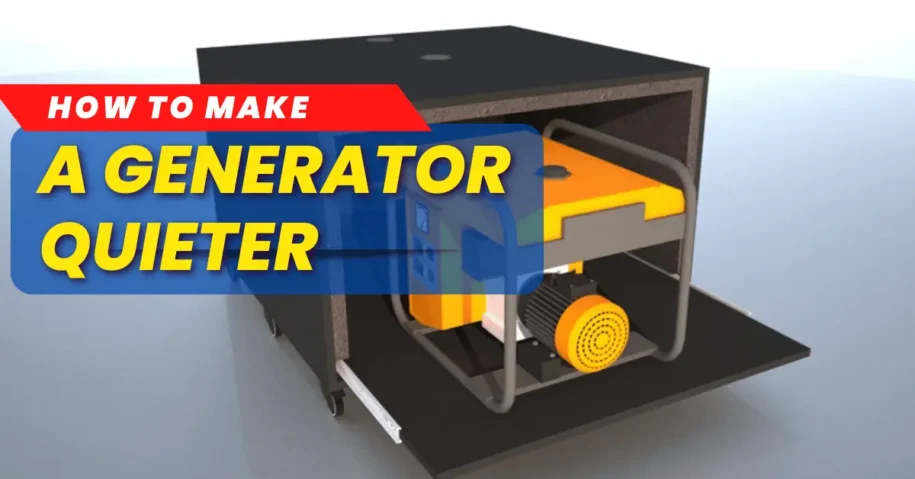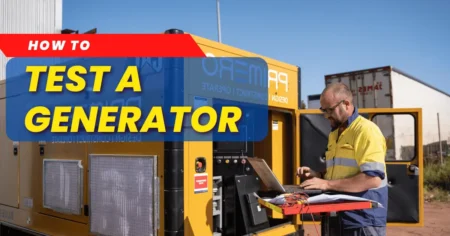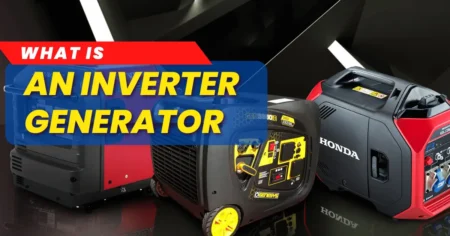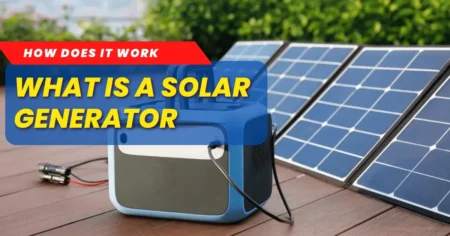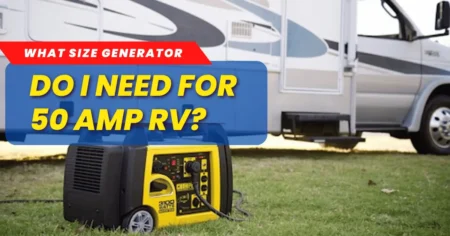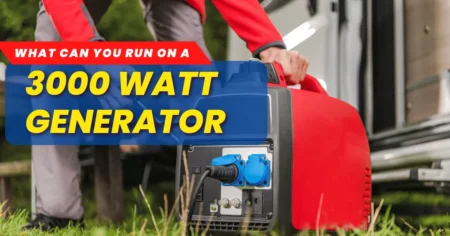Generators are handy machines that provide power during outages or in locations without access to electricity. However, they can be loud, annoying, and disturbing for you and your neighbors. If you’re looking for ways to make your generator quieter, you’re in the right place. Here are some practical tips to help you achieve silent power.
Use a Generator Enclosure
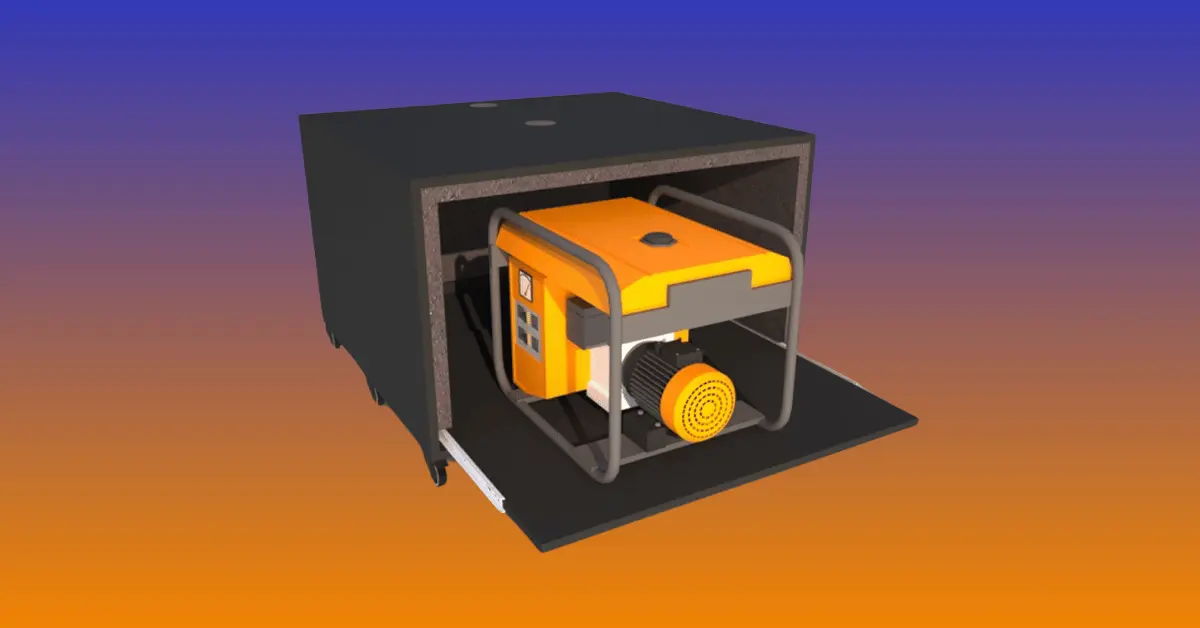
A generator enclosure is one of the most effective ways to reduce generator noise. This box surrounds the generator, helping to block and absorb the noise it produces. You can buy a pre-made generator enclosure or use sound-absorbing materials like plywood and foam.
Materials that absorb sound:
- Plywood: Good for essential noise reduction.
- Foam: Excellent for absorbing and dampening sound.
Install a Muffler
Most generators have a built-in muffler, but you can add an extra one to reduce the noise. A muffler is a device attached to the generator’s exhaust that helps quiet the engine’s noise. When choosing a muffler, ensure it is compatible with your generator model for the best results.
Place the Generator Far Away
The farther away you place your generator, the less noise you will hear. Set up your generator at a distance from your home or any area where people spend a lot of time. Use a long power cord to ensure that the generator can still power your home or appliances while being far enough away to minimize noise disturbance.
Use Sound Absorbing Materials
Surrounding your generator with sound-absorbing materials can significantly reduce the noise it produces. Some effective materials to consider are acoustic panels, carpets, and blankets. These materials help to absorb the sound waves, making the generator quieter.
Examples of sound-absorbing materials:
- Acoustic panels: Often used in recording studios to reduce echo and noise.
- Carpets: Thick, dense carpets can absorb sound effectively.
- Blankets: Heavy blankets can help muffle the noise.
Install a Sound Deflector
A sound deflector is a barrier that blocks and redirects the noise away from your home or other occupied areas. You can reduce the noise that reaches you by placing a sound deflector between the generator and your home. This can be particularly effective if your generator is located near a wall or other structure that can help deflect the sound.
Maintain Your Generator
Regular maintenance can help your generator run more smoothly and quietly. Ensure that your generator is clean and free of debris. Check for any loose parts and make sure they are properly tightened. Lubricate any moving parts to reduce friction and noise. A well-maintained generator will not only be quieter but also more efficient and reliable.
Use Rubber Feet
Generators produce vibrations when they run, contributing to the overall noise level. Placing rubber feet under your generator can help to reduce these vibrations. Rubber feet act as shock absorbers, minimizing the noise caused by vibrations and making the generator run more quietly.
Create a Soundproof Box
Building a soundproof box for your generator can be an effective way to reduce noise. Materials like plywood and foam are used to construct the box, leaving space for ventilation to prevent the generator from overheating. This soundproof box will help contain and absorb the noise, resulting in a quieter operation.
Use a Baffle Box
A baffle box is similar to a soundproof box but with a more complex design. It works like a maze, trapping and absorbing noise as it passes through the box. Placing your generator inside a baffle box significantly reduces the noise it produces.
Use an Inverter Generator
Inverter generators are known for being much quieter than traditional generators. They produce less noise because of their design and the way they generate power. If you are in the market for a new generator, consider investing in an inverter generator for a quieter power solution.
Frequently Asked Questions
How Can I Reduce Generator Noise?
Using a soundproof box or installing a muffler effectively minimizes generator noise.
What Is The Quietest Generator Type?
Inverter generators are typically the quietest option available.
Can I Use A Generator Indoors?
Running a generator indoors is dangerous due to the risk of carbon monoxide poisoning.
What Materials Absorb Generator Noise?
Acoustic foam and soundproof mats are effective at absorbing generator noise.
Conclusion
With the right techniques, reducing the noise from your generator is not only possible but also relatively straightforward. Enclosures, mufflers, sound-absorbing materials, and proper maintenance can significantly quiet your generator, creating a more pleasant environment for you and your neighbors. Happy generating!
See from us more related:

